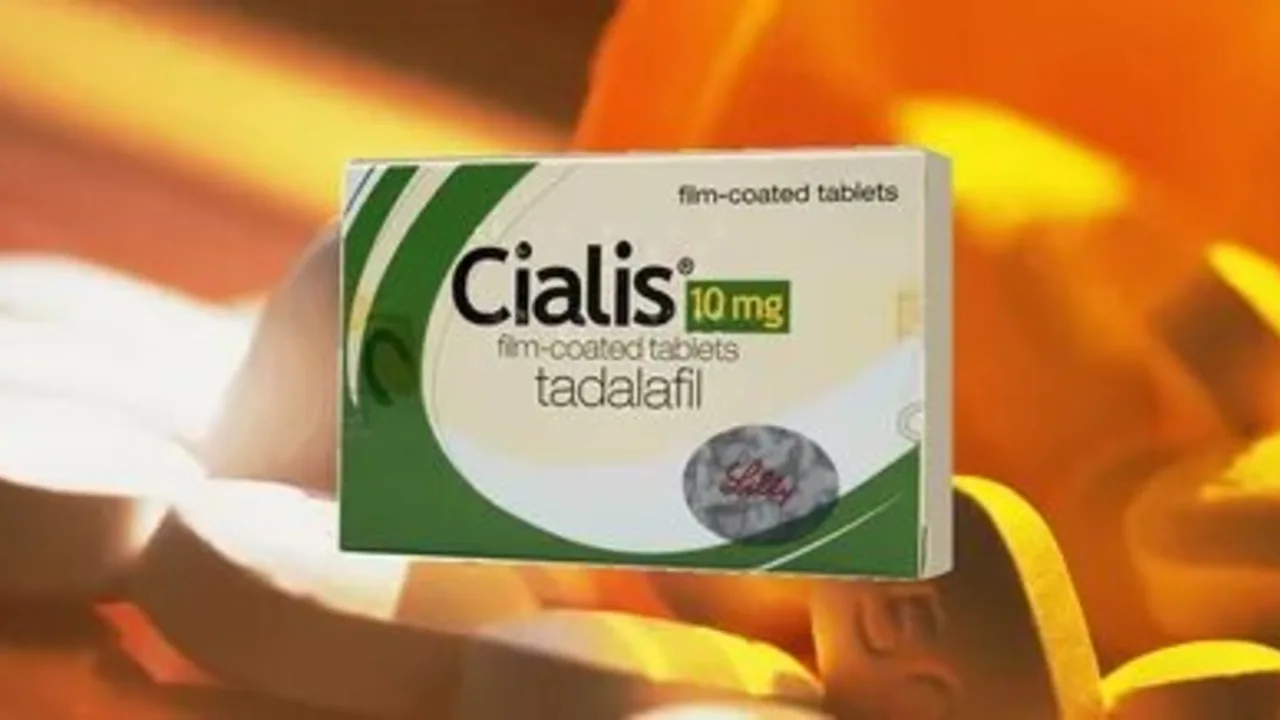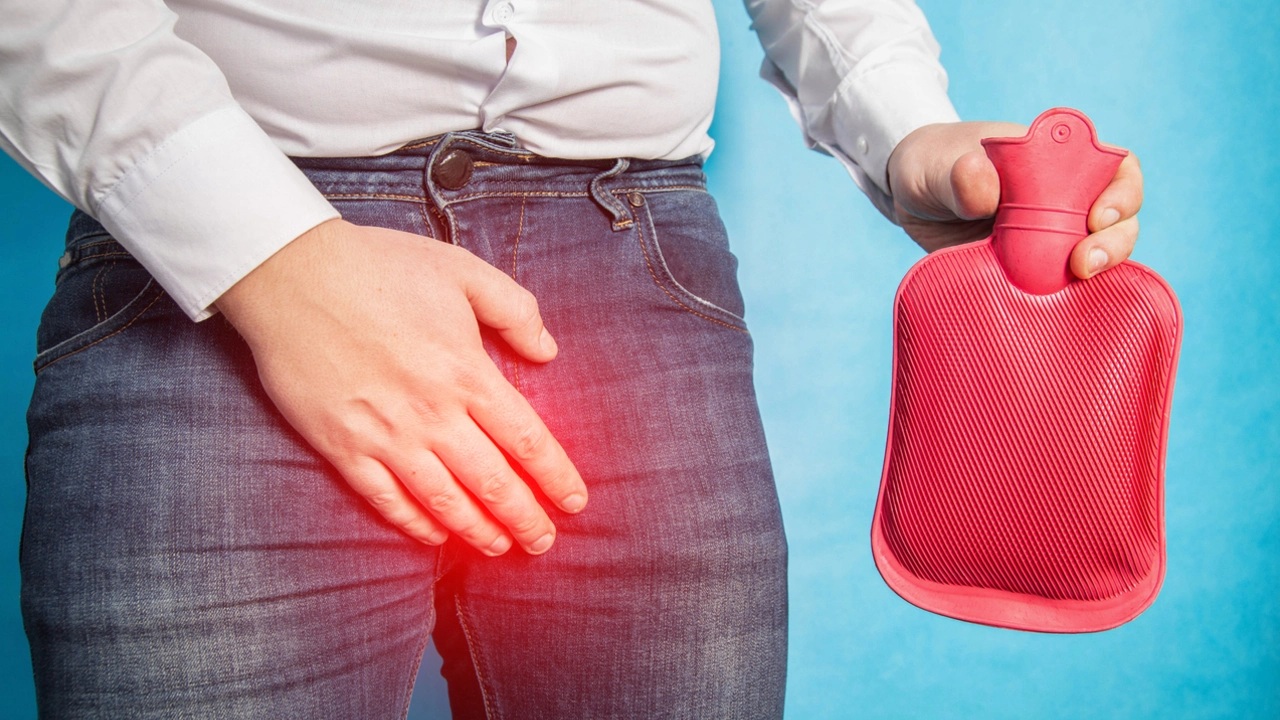Desmopressin and Nocturia — November 2023 Summary
Waking up at night to pee is annoying and drains your sleep. In November 2023 we published a clear, practical piece on using desmopressin for nocturia. The post explains what desmopressin does, who usually benefits, how to use it safely, and what risks to watch for. If you or someone you care for has trouble with nighttime urination, this summary gives the essentials.
How desmopressin works and who it helps
Desmopressin is a medicine that lowers how much urine your body makes at night. It acts like a natural hormone (vasopressin) that tells the kidneys to hold on to water. That makes nights drier and can reduce the number of bathroom trips. It works best when the main cause is nocturnal polyuria — too much urine made at night — rather than small bladder capacity or frequent urination from infections or prostate issues.
People who typically get the most benefit are those with clear nighttime urine overproduction, otherwise healthy kidneys, and normal blood sodium. Older adults can see good results but need extra monitoring because their risk of low sodium (hyponatremia) is higher.
Practical tips, dosing and safety
Start with the lowest effective dose and only use desmopressin under a doctor's guidance. A clinician will consider your age, kidney function, other medicines, and how much fluid you drink in the evening. One simple change that helps: limit fluids for a few hours before bedtime — this lowers risk and boosts the medicine's effect.
Hyponatremia (low blood sodium) is the main safety concern. Signs include headache, nausea, confusion, or severe tiredness. Your provider will usually check blood sodium before starting treatment, again within the first week, and then periodically after that. People with low sodium, significant kidney disease, heart failure, or conditions that affect water balance should avoid desmopressin unless supervised closely.
Be cautious if you take other medicines that affect salt or water balance. Some diuretics and drugs that change blood sodium increase the risk of hyponatremia. Tell your prescriber about all medicines and supplements you use so they can adjust the plan.
If desmopressin helps, many people notice fewer night wakings and better sleep. If you don’t improve or you get side effects, stop and contact your clinician. The November post on PushHealth Resource Center breaks down these points with real-world examples and practical follow-up steps to discuss with your doctor.
Want a quick takeaway? Desmopressin can cut nighttime urine and improve sleep for the right patients, but it’s not for everyone. Use guided dosing, limit evening fluids, and watch sodium levels closely.


